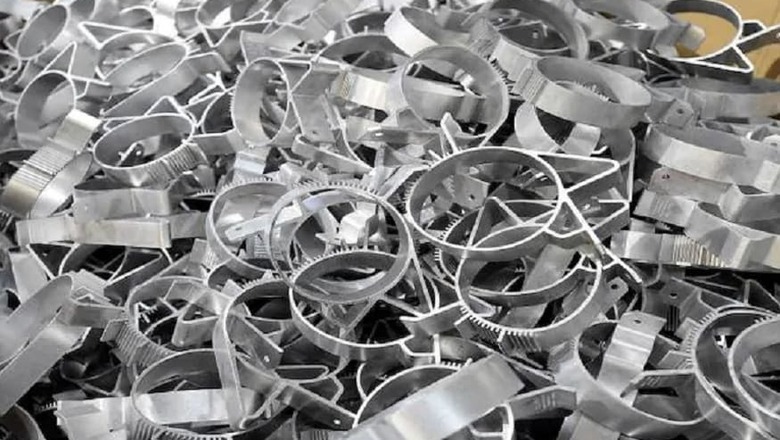
views
The government on Tuesday initiated a probe into alleged subsidised exports of aluminium wires from Malaysia, which is impacting the domestic industry, following a complaint by Vedanta Ltd and Bharat Aluminium Company Ltd.
The Commerce Ministry's investigation arm -- Directorate General of Trade Remedies (DGTR) -- has started the probe to see if the subsidy programme of Malaysia for exports of 'Aluminium Wire/Wire Rods above 7 mm diameter' is impacting domestic industry.
The companies had filed an application before the DGTR for anti-subsidy investigation on these imports originating in or exported from Malaysia.
The applicants had alleged that the subsidised imports from the country are causing material injury to domestic industry, and requested for imposition of countervailing duty on imports of these subsidised goods coming from Malaysia.
According to the notification of DGTR, on the basis of the prima facie evidence submitted by the domestic companies, "the authority hereby initiates an investigation to determine the existence, degree and effect of alleged subsidies...in respect of the goods" being exported by Malaysia.
If it is established that subsidies by Malaysia are impacting domestic industry, the DGTR would recommend the amount of countervailing duty, which if levied, would be adequate to remove the injury to the domestic industry.
The product is primarily used in electrical and steel industries. The period for investigation is from April 2019 to December 2019 (9 months). However, it will cover the data of 2016-19.
The applicants alleged that producers/exporters of the goods in Malaysia have benefitted from actionable subsidies provided at various levels by their government, including the provinces and districts in which producers/exporters are located, and other public bodies.
Under the global trade rules of the World Trade Organization (WTO), a member country is allowed to impose anti-subsidy or countervailing duty if a product is subsidised by the government of its trading partner.
These duties are trade remedies to protect domestic industry. Subsidy on a product makes it competitive in price terms in other markets. Countries provide subsidies to boost their exports.
India and Malaysia both are members of the Geneva-based multi-lateral organisation. Malaysia is a major trading partner of India. Both the countries also have a comprehensive free trade agreement since 2011.
The bilateral trade between the countries increased to $17.25 billion in 2018-19 from $14.7 billion in the previous fiscal. The trade balance is in favour of Malaysia.




















Comments
0 comment